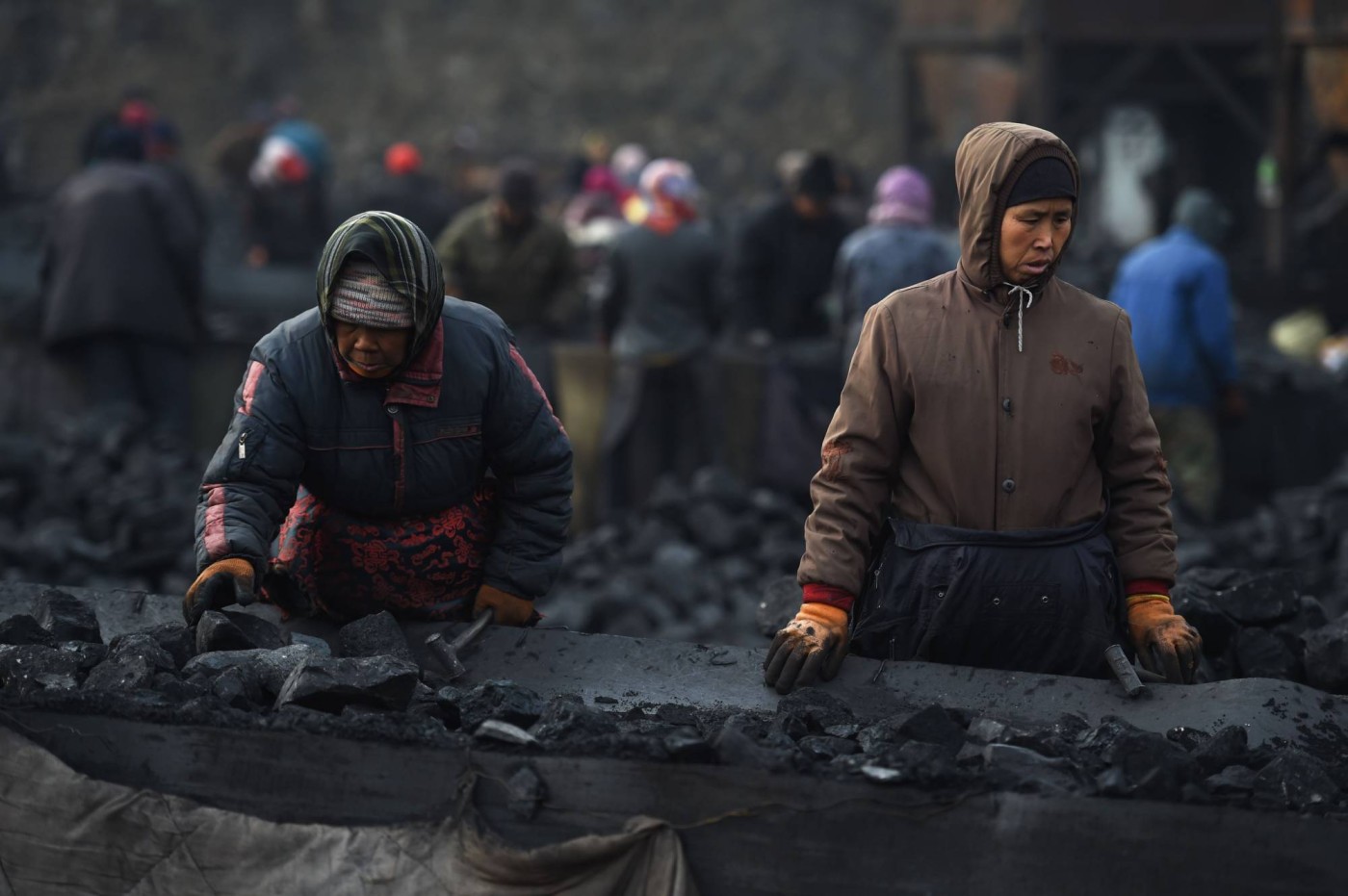DNV forecasts China's carbon emissions peaking by 2026, well before the official goal for climate-warming emissions to peak by 2030, but slower than a forecast by the Centre for Research on Energy and Clean Air that emissions could go into "structural decline" in 2024.
China's total energy demand, which has been growing at around 3% per year, is seen decelerating through the rest of this decade. It will peak in 2030 and then fall another 20% by 2050, the report found.
The world's biggest crude importer, China is poised to phase out oil more rapidly than coal, driven by electrification. The report sees oil demand in China's road sector falling by 94% by 2050 - a faster transition than that predicted by China's oil majors, which forecast gasoline demand halving by 2045. Total oil consumption will halve by 2050 from its 2027 peak, DNV said, with 84% of that still being met by imports.
But oil's share of aviation energy demand will fall from 99.6% in 2022 to 59% in 2050 as the use of alternatives such as bioenergy and e-fuels takes hold. "A faster transition to net zero in 2050 where more oil and gas are replaced by domestically produced renewables or nuclear would significantly boost energy independence," the report said.
